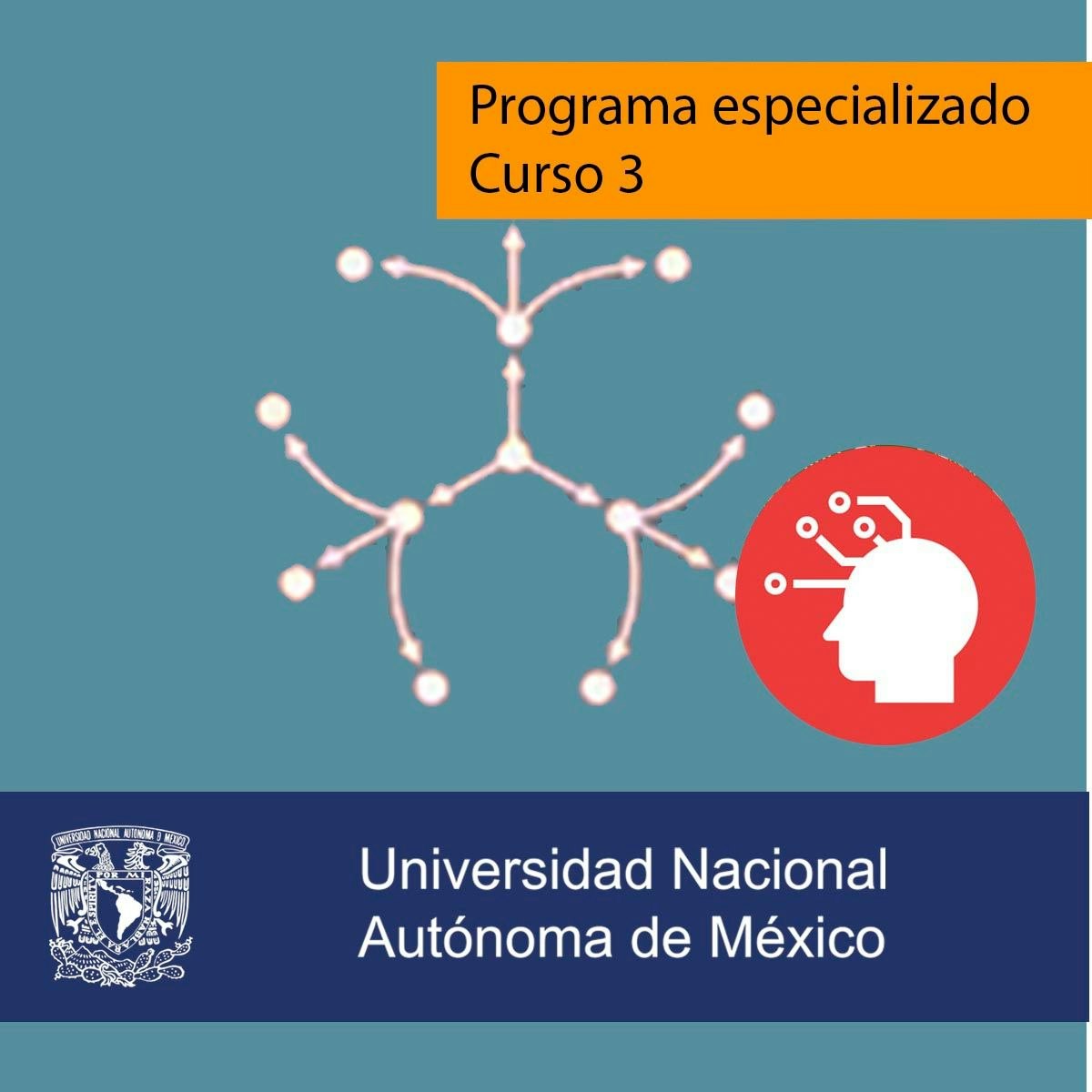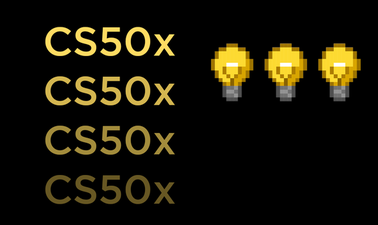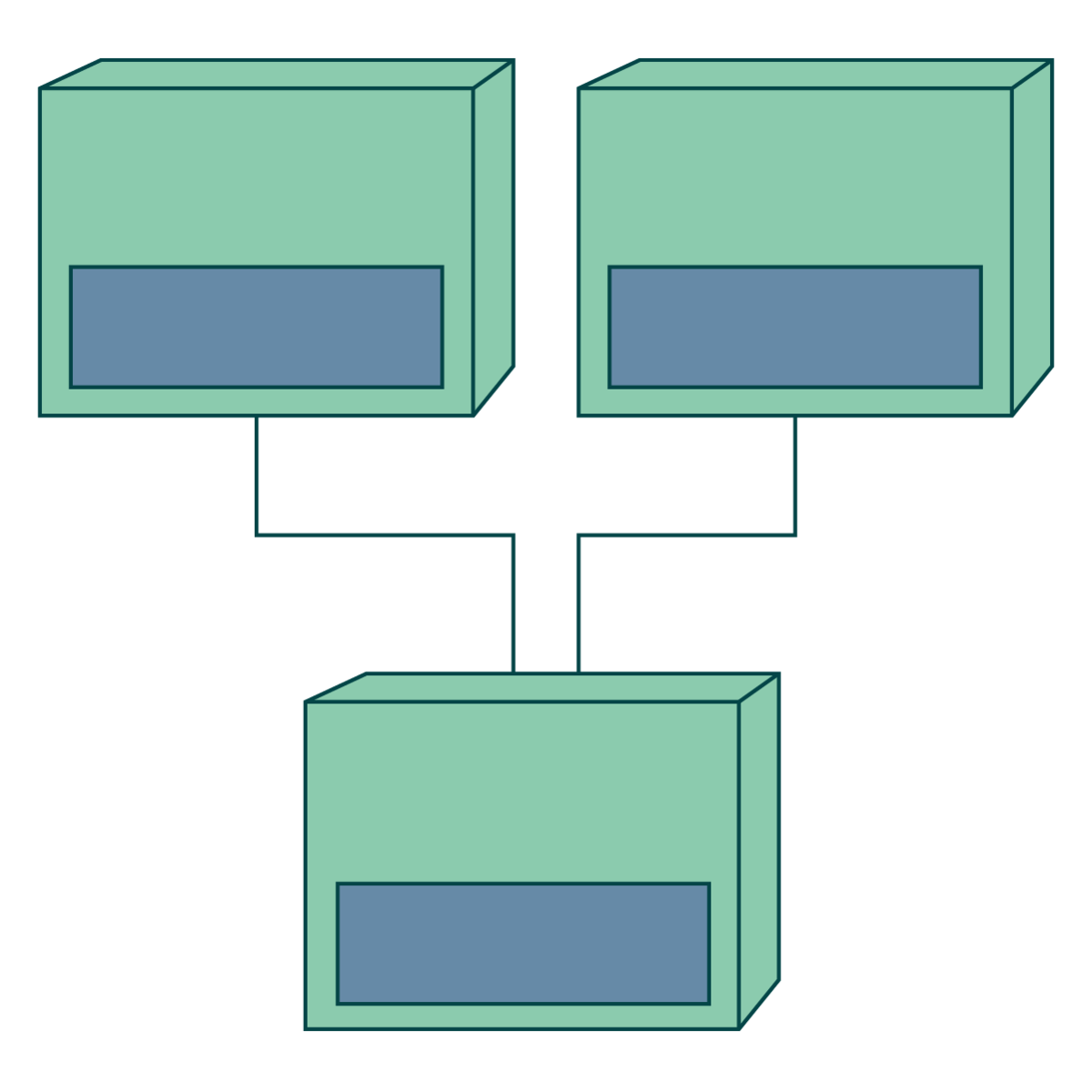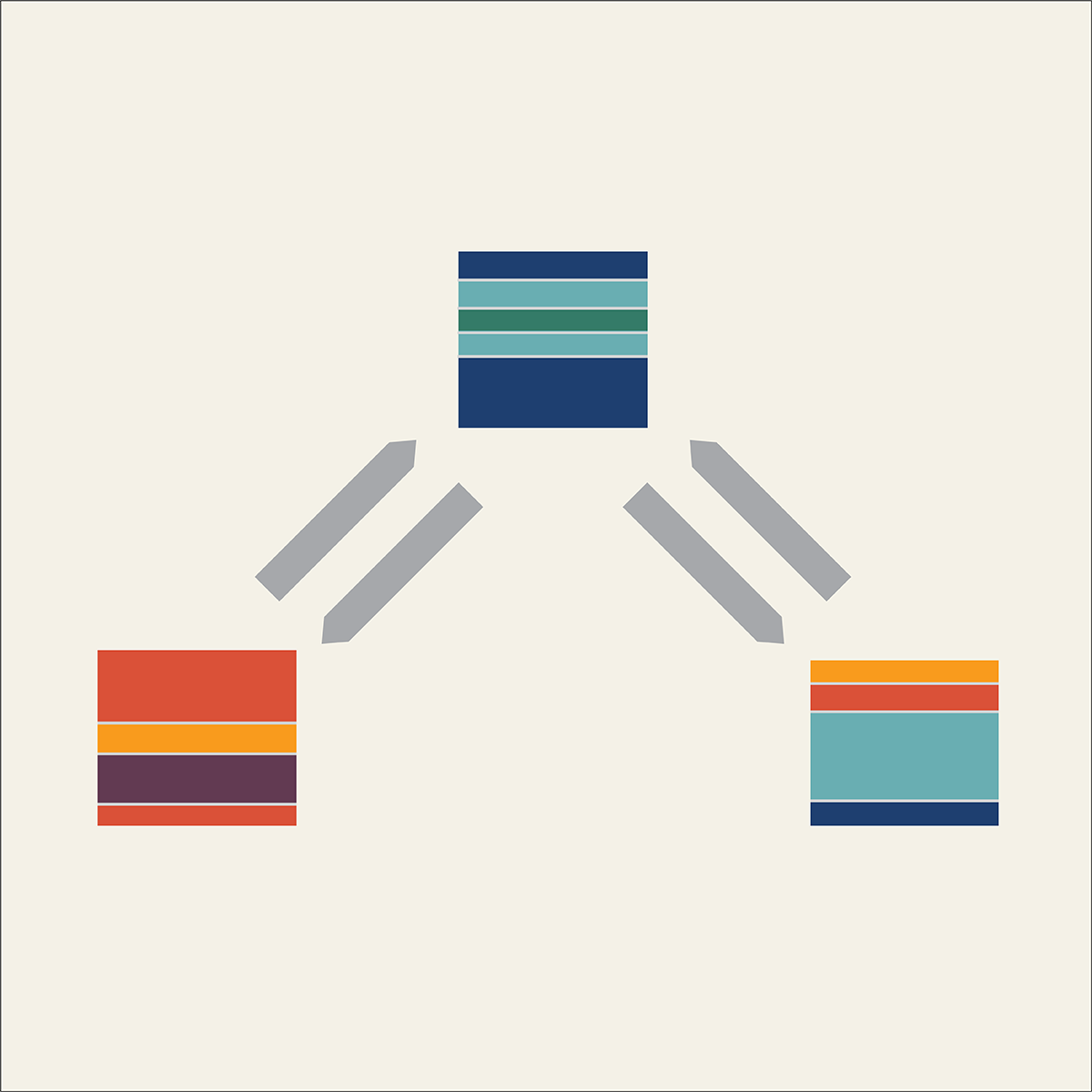Software Tester
Exploring a Career as a Software Tester
Software testing is a critical discipline within the software development process, focused on evaluating and verifying that a software product or application does what it is supposed to do. Testers act as the guardians of quality, meticulously examining software to find defects, ensure it meets specified requirements, and ultimately confirm it provides a positive user experience. Their work helps prevent bugs from reaching end-users, saving companies from potential reputational damage and costly fixes after release.
Working as a software tester can be deeply engaging. It involves a unique blend of analytical thinking and creativity, requiring individuals to devise clever ways to break software to make it stronger. Testers often collaborate closely with developers and product managers, playing a vital role in the creation of reliable and effective technology. The satisfaction comes from identifying critical issues before they impact users and contributing directly to the overall quality and success of a product.
What Does a Software Tester Do?
Core Responsibilities and Daily Tasks
A software tester's primary role is to ensure software quality. This involves designing test plans based on software requirements, creating specific test cases to check functionality, and executing these tests systematically. Testers document their findings, reporting bugs and issues clearly to development teams using bug tracking systems like Jira.
Daily tasks often include running various types of tests, such as functional tests to verify features work as expected, regression tests to ensure new changes haven't broken existing functionality, and usability tests to assess the user experience. They meticulously record test results, analyze failures to pinpoint the root cause, and provide detailed feedback to developers.
Testers also participate in requirement reviews and design discussions, offering insights from a quality perspective early in the development cycle. This proactive involvement helps catch potential issues before coding even begins, contributing to a more efficient development process.
These foundational courses provide insight into the core principles and practices of software testing, covering methodologies and the testing lifecycle.
Collaboration and Communication
Software testers rarely work in isolation. Effective collaboration with developers is crucial for understanding the software's architecture and intended behavior, and for clearly communicating defects found during testing. Testers need to provide precise, actionable bug reports that help developers replicate and fix issues efficiently.
Interaction extends beyond developers to include product managers, business analysts, and designers. Testers help validate that the software meets business requirements and user expectations outlined by these stakeholders. Clear communication skills are essential for discussing test results, explaining the impact of bugs, and advocating for quality throughout the project lifecycle.
Participating in team meetings, such as daily stand-ups in Agile environments, allows testers to stay informed about development progress and potential areas needing testing focus. This collaborative approach ensures that quality assurance is integrated throughout the development process, not just treated as a final step.
Understanding Different Testing Types
Software testing encompasses a wide range of techniques. Manual testing involves testers interacting with the software directly, simulating user actions to find defects. This requires patience, attention to detail, and a good understanding of user behavior.
Automated testing, conversely, uses specialized software tools to execute pre-scripted tests. This is particularly effective for repetitive tasks like
and can significantly speed up the testing process. Testers involved in automation often need programming skills to write and maintain test scripts.Other important types include performance testing, which evaluates software responsiveness and stability under load, and security testing, which identifies vulnerabilities. Understanding when and how to apply these different testing types is key to a comprehensive quality assurance strategy.
Documentation and Standards
Thorough documentation is a hallmark of professional software testing. This includes creating detailed test plans outlining the scope, approach, resources, and schedule of testing activities. Well-written test cases provide step-by-step instructions for executing tests and expected outcomes.
Bug reports are another critical piece of documentation. They must clearly describe the issue, steps to reproduce it, the environment it occurred in, and its severity. This information is vital for developers to fix the problem effectively. Maintaining a clear and organized record of tests performed and their results is essential for tracking progress and demonstrating coverage.
In many industries, particularly regulated ones like finance or healthcare, testers must also ensure software complies with specific standards and regulations. This involves understanding relevant compliance requirements and designing tests to verify adherence, often requiring meticulous record-keeping for audit purposes.
Essential Skills for Software Testers
Technical Proficiency
While not all testing roles require deep coding expertise, technical skills are increasingly valuable. Familiarity with test automation tools like Selenium or Cypress is highly sought after for automating web application tests. Basic programming knowledge, often in languages like Python or Java, helps in writing and maintaining these automation scripts.
Understanding databases and SQL is often necessary for verifying data integrity. Knowledge of web technologies (HTML, CSS, JavaScript) and APIs (like REST or SOAP) is crucial for testing modern applications. Familiarity with version control systems like Git and CI/CD pipelines is also beneficial in collaborative development environments.
These books offer practical insights into test automation tools and techniques.
Analytical and Problem-Solving Skills
Software testers need strong analytical abilities to understand complex systems, interpret requirements, and design effective test cases. They must think critically about how software might fail and anticipate potential user issues.
When a test fails, problem-solving skills come into play. Testers need to investigate the failure, isolate the root cause, and gather sufficient information to help developers fix the bug. This often involves systematic troubleshooting and logical deduction.
Thinking outside the box is also important. Testers often uncover issues by exploring edge cases and unconventional user scenarios that developers might overlook. This analytical mindset is crucial for identifying subtle but potentially critical defects.
Attention to Detail and Communication
Meticulous attention to detail is fundamental for a software tester. Overlooking small discrepancies can lead to significant problems later. Testers must be thorough in executing tests, observing results, and documenting findings accurately.
Strong communication skills, both written and verbal, are equally vital. Testers need to write clear, concise bug reports that developers can easily understand. They must also be able to articulate complex technical issues to non-technical stakeholders, such as product managers or clients.
Effective communication fosters collaboration and ensures that quality concerns are addressed promptly. Being able to provide constructive feedback and participate actively in team discussions contributes significantly to the overall success of the software project.
Domain-Specific Knowledge
While core testing skills are transferable, understanding the specific industry or domain in which the software operates can be a significant advantage. For example, testing financial software requires knowledge of financial regulations and common workflows, while testing healthcare applications demands an understanding of patient privacy rules (like HIPAA) and clinical processes.
Domain expertise allows testers to create more relevant test scenarios, identify industry-specific risks, and better understand user needs. This deeper understanding helps ensure the software is not only functional but also truly fit for its intended purpose within its specific context.
Acquiring domain knowledge often happens on the job, but pursuing related learning in areas like Finance & Economics or Health & Medicine can make a tester more effective and valuable.
Formal Education Pathways
Relevant University Degrees
A common pathway into software testing, especially for roles requiring deeper technical understanding or advancement into management, is through a university degree. Degrees in Computer Science or Software Engineering provide a strong foundation in programming, algorithms, data structures, and software development principles.
These programs often include coursework directly related to software quality assurance and testing methodologies. They equip graduates with the analytical and technical skills needed to tackle complex testing challenges, particularly in areas like test automation and performance analysis.
While a degree is not always a strict requirement for entry-level testing positions, it can provide a competitive edge and open doors to more specialized or senior roles later in one's career. Many organizations value the structured learning and theoretical background that a formal degree provides.
Professional Certifications
Professional certifications offer a structured way to validate software testing knowledge and skills. The International Software Testing Qualifications Board (ISTQB) offers globally recognized certifications, with the Certified Tester Foundation Level (CTFL) being a popular starting point.
ISTQB certifications cover fundamental testing concepts, terminology, and processes, providing a common language and understanding within the industry. Advanced ISTQB certifications allow specialization in areas like Test Automation Engineering, Security Testing, or Test Management.
Other certifications, like the Certified Software Test Engineer (CSTE) offered by QAI Global Institute, also exist. While certifications don't replace practical experience, they demonstrate a commitment to the profession and a standardized level of knowledge, which can be valuable for career progression.
These courses can help prepare for the ISTQB Foundation Level certification exam.
University Research and Advanced Studies
For those interested in pushing the boundaries of software testing, universities offer opportunities for research at the Master's or PhD level. Research areas might include developing novel testing techniques, improving test automation frameworks, exploring the use of AI in testing, or analyzing software quality metrics.
Advanced studies delve deep into theoretical computer science concepts relevant to testing, such as formal methods, model checking, and program analysis. Graduates with advanced degrees may pursue careers in industrial research labs, academia, or highly specialized roles developing cutting-edge testing tools and methodologies.
Contributing to academic research involves rigorous analysis, experimentation, and publication in peer-reviewed journals and conferences. This path is suited for individuals with a strong passion for theoretical challenges and advancing the state-of-the-art in software quality assurance.
Online Learning and Self-Paced Education
Viability of Self-Taught Pathways
It is entirely possible to build a successful career in software testing through self-directed learning, particularly with the abundance of online resources available today. Many entry-level manual testing roles prioritize analytical skills and attention to detail over formal degrees.
Online courses, tutorials, blogs, and forums provide access to foundational knowledge about testing concepts, methodologies, and tools. Platforms like OpenCourser aggregate thousands of courses, allowing learners to find resources covering everything from basic manual testing techniques to advanced test automation.
Consistency and discipline are key for self-taught learners. Creating a structured learning plan, setting achievable goals, and actively seeking practical experience are crucial steps. While a formal degree might open some doors faster, dedication and proven skills gained through self-study can lead to rewarding opportunities.
These courses cover fundamental testing principles suitable for self-starters.
This introductory book can provide a solid foundation.
Building a Portfolio with Projects
For self-taught individuals or those transitioning careers, practical experience is paramount. Building a portfolio of testing projects is an excellent way to demonstrate skills to potential employers. This could involve testing open-source software, participating in bug bounty programs, or creating personal projects specifically designed for testing practice.
Documenting your testing process for these projects is crucial. Create test plans, write detailed test cases, log bugs found (even if in a personal tracking system), and perhaps even write simple automation scripts. This portfolio serves as tangible proof of your abilities.
Contributing to open-source projects not only provides real-world experience but also allows collaboration with other developers and testers. Actively participating in online testing communities and contributing can also showcase your passion and skills.
Supplementing Formal Education
Online learning can be a powerful supplement to formal education. University courses provide theoretical depth, but online platforms often offer practical, hands-on training with the latest tools and technologies used in the industry. Students can use online courses to gain proficiency in specific automation frameworks or performance testing tools not covered in their curriculum.
Taking online courses on specific topics like API testing, mobile testing, or security testing can help students specialize and make their resumes more attractive. Many platforms offer project-based courses that provide practical experience to complement academic learning.
Furthermore, online learning allows students to learn at their own pace and revisit concepts as needed. Utilizing resources like OpenCourser's saved lists feature can help organize learning paths and track progress across different platforms and subjects.
Understanding Limitations
While online learning offers incredible flexibility and accessibility, it's important to be aware of potential limitations. Non-accredited courses or certificates may not carry the same weight with all employers as a formal degree or a well-recognized industry certification like ISTQB.
The quality of online courses can vary significantly. Learners need to be discerning, choosing reputable platforms and instructors. Checking reviews and course syllabi on sites like OpenCourser can help assess quality. Look for courses that emphasize hands-on practice and real-world application.
Self-discipline remains a challenge for many online learners. Without the structure of a traditional classroom, staying motivated and completing courses requires commitment. However, for dedicated individuals, online learning provides an effective and often affordable route to acquiring valuable software testing skills.
OpenCourser's Learner's Guide offers tips on staying motivated and structuring self-paced learning.
Tools and Technologies in Software Testing
Test Automation Frameworks
Test automation frameworks provide the structure and tools for writing, executing, and managing automated tests. Frameworks like Selenium WebDriver are widely used for automating web browser interactions, allowing testers to simulate user actions across different browsers.
Unit testing frameworks, such as JUnit for Java or NUnit for .NET, are used by developers (and sometimes testers) to test individual components or units of code. Frameworks like TestNG provide more advanced features for organizing and running tests, including parallel execution and detailed reporting.
Behavior-Driven Development (BDD) frameworks like Cucumber or
allow tests to be written in a more human-readable format, facilitating collaboration between technical and non-technical team members.These courses cover popular automation frameworks.
Performance Testing Tools
Performance testing tools are used to evaluate how software performs under expected or stressed load conditions. They help identify bottlenecks, measure response times, and ensure the application can handle anticipated user traffic without crashing or becoming unacceptably slow.
Apache
is a popular open-source tool used for load testing web applications and other services. It allows testers to simulate heavy loads by creating virtual users and measuring performance metrics. Other tools like LoadRunner or K6 offer similar capabilities, often with more advanced features or enterprise support.Analyzing the results from performance tests requires understanding key metrics like throughput, latency, and error rates. Testers use this data to pinpoint performance issues and provide recommendations for optimization to the development team.
Continuous Integration/Continuous Deployment (CI/CD)
CI/CD pipelines automate the process of building, testing, and deploying software changes. Integrating automated tests into these pipelines is crucial for modern software development, enabling rapid feedback and faster release cycles. Tools like
, GitLab CI, or GitHub Actions are commonly used to manage these pipelines.Testers involved in CI/CD often configure automated test suites to run automatically whenever new code is committed. If tests fail, the pipeline stops, preventing faulty code from progressing further. This ensures that quality checks are an integral part of the development workflow.
Understanding how to integrate different types of tests (unit, integration, end-to-end) into the CI/CD process is becoming an essential skill for testers, especially those working in Agile and DevOps environments.
Emerging AI-Driven Testing Platforms
Artificial Intelligence (AI) and Machine Learning (ML) are beginning to influence software testing. AI-driven tools are emerging that promise to enhance various testing activities. These tools might use AI to automatically generate test cases, optimize test execution, identify flaky tests, or even perform visual regression testing more intelligently.
AI can help analyze vast amounts of test data to predict potential defect hotspots or prioritize testing efforts more effectively. Some tools aim to automate parts of exploratory testing by learning application behavior and identifying anomalies.
While AI is unlikely to completely replace human testers, it offers potential for augmenting their capabilities, handling repetitive tasks, and allowing testers to focus on more complex and exploratory testing activities. Staying updated on these emerging technologies will be important for future-focused testers.
Career Progression for Software Testers
Entry-Level Roles
Individuals typically enter the software testing field in roles such as QA Analyst, Junior Tester, or Software Test Technician. In these positions, the focus is often on executing pre-defined test cases, documenting results, and reporting bugs under the guidance of senior team members.
Entry-level roles provide valuable opportunities to learn fundamental testing processes, gain familiarity with testing tools, and understand the software development lifecycle in practice. These positions often involve manual testing but may include exposure to automated testing basics.
Success in these roles requires strong attention to detail, good communication skills for writing clear bug reports, and a willingness to learn. It's a crucial phase for building a solid foundation in quality assurance principles.
Mid-Career Paths
With experience, testers can advance to roles like Test Engineer, QA Engineer, or Test Automation Engineer. These positions often involve more responsibility, such as designing test strategies, developing and maintaining automated test scripts, and mentoring junior testers.
Specialization becomes more common at this stage. Testers might focus on performance testing, security testing, or become experts in specific automation tools or frameworks. Roles like Test Lead or Senior QA Analyst involve coordinating testing efforts for a project or feature, managing test environments, and collaborating more closely with stakeholders on quality metrics and release decisions.
Developing strong technical skills, particularly in automation and relevant programming languages, is often key to progressing to these mid-career roles. Leadership and communication skills also become increasingly important for coordinating team efforts.
This book delves into test automation, a key skill for mid-career progression.
Senior Roles and Management
Experienced testers can move into senior leadership positions like QA Manager, Test Architect, or Head of QA. QA Managers oversee the entire quality assurance process for a product or organization, manage teams of testers, define QA strategies, and control budgets.
Test Architects focus on designing and implementing sophisticated test frameworks and infrastructure, setting technical standards for testing, and evaluating new tools and technologies. These roles require deep technical expertise and a strategic view of quality assurance.
Some senior testers transition into DevOps Engineer roles, leveraging their automation and systems knowledge to bridge the gap between development, testing, and operations, focusing on optimizing the entire software delivery pipeline.
Transition Opportunities
The skills and experience gained in software testing provide a solid foundation for transitioning into related fields within the tech industry. Testers develop a deep understanding of software products, user needs, and the development process, which is valuable in many other roles.
Common transition paths include moving into Business Analysis, where the focus is on defining software requirements, or Product Management, involving strategic planning and overseeing the product lifecycle. The analytical skills and user-centric perspective of testers are highly relevant here.
Some testers with strong technical backgrounds transition into Software Development roles. Others might move into Technical Project Management, leveraging their understanding of the SDLC and team collaboration, or into roles focused on user experience (UX) design or technical writing.
Ethical Considerations in Software Testing
Handling Data Privacy
Testers often work with data that mimics real user information, and sometimes even anonymized production data. Handling this data ethically and securely is paramount. Testers must adhere to data privacy regulations like GDPR or CCPA and company policies regarding sensitive information.
This includes ensuring test data is properly anonymized or synthesized to avoid exposing real user identities. Secure handling of test environments and data disposal practices are also critical to prevent accidental data breaches during the testing process.
Testers have an ethical responsibility to raise concerns if they believe data privacy practices are inadequate or if testing activities risk compromising user data confidentiality.
Detecting Bias in Automated Systems
As software, particularly AI and machine learning systems, becomes more complex, testers face the ethical challenge of identifying potential biases. Automated systems can inadvertently perpetuate or even amplify societal biases present in their training data or algorithms.
Testers need to develop strategies to probe for biases related to factors like race, gender, age, or socioeconomic status. This might involve designing specific test cases with diverse data sets or using specialized tools designed to detect algorithmic bias.
Recognizing and reporting potential biases is an important ethical duty for testers, contributing to the development of fairer and more equitable technology. This requires awareness of societal issues and a commitment to responsible technology development.
Responsibility for Safety-Critical Systems
Testing software for safety-critical systems, such as those used in aviation, medical devices, or autonomous vehicles, carries immense ethical weight. Failures in these systems can have catastrophic consequences, potentially leading to injury or loss of life.
Testers working in these domains must exercise extreme diligence and adhere to rigorous testing standards and processes. This often involves formal verification methods, exhaustive testing, and meticulous documentation to ensure the highest levels of reliability and safety.
The ethical responsibility includes refusing to sign off on software if there are unresolved safety concerns and ensuring that all potential risks identified during testing are clearly communicated and addressed before deployment.
Compliance and International Standards
Adhering to relevant industry standards and legal regulations is often an ethical, as well as a legal, requirement. Testers must be aware of standards applicable to their industry, such as ISO standards for software quality or specific regulations governing financial or health data.
Testing processes must often be designed to demonstrate compliance with these standards. This involves creating traceable test cases linked to requirements, maintaining thorough test records, and potentially participating in audits.
Ethical testing practice involves ensuring that the software not only meets functional requirements but also complies with all applicable legal and industry standards, protecting both users and the organization.
Job Market Trends for Software Testers
Impact of AI and Machine Learning
The rise of Artificial Intelligence (AI) and Machine Learning (ML) is reshaping the software testing landscape. While AI is automating some routine testing tasks, it's also creating new opportunities. Testers are increasingly needed to test AI systems themselves, focusing on areas like data validation, bias detection, and model performance.
AI-powered tools can augment tester capabilities by assisting with test case generation, optimizing test suites, and predicting potential failure points. This shift suggests that future testers will need to adapt, potentially incorporating AI tools into their workflows and developing skills in testing intelligent systems.
Rather than replacing testers, AI is more likely to change the nature of the role, emphasizing skills in test strategy, exploratory testing, and understanding complex systems, including those driven by AI. According to some industry analyses, roles are evolving towards more specialized skills, including AI testing knowledge. You can find insights on tech hiring trends from firms like Robert Half.
Influence of Agile and DevOps
The widespread adoption of Agile methodologies and DevOps practices has significantly impacted software testing roles. In these environments, testing is integrated throughout the development lifecycle ("shift-left" testing) rather than being a separate phase at the end.
Testers in Agile/DevOps teams often work more closely with developers, participating in requirement discussions, automating tests earlier, and contributing to continuous integration and deployment pipelines. This requires a broader skill set, including automation expertise and a good understanding of development processes.
The demand is growing for testers who can adapt to these fast-paced, collaborative environments and contribute to faster feedback loops and continuous quality improvement. The focus shifts from solely finding bugs to preventing them and enabling rapid, reliable software delivery.
Geographic Variations and Opportunities
Job opportunities for software testers can vary based on geographic location. Major technology hubs often have a higher concentration of testing roles, driven by the presence of large tech companies and numerous startups. However, the rise of remote work has expanded opportunities beyond traditional tech centers.
Salaries and demand can also differ significantly between regions and countries. Researching local job markets using resources like the U.S. Bureau of Labor Statistics (BLS Occupational Outlook Handbook for Software Quality Assurance Analysts and Testers) or industry salary reports can provide insights into specific geographic trends.
Understanding regional demand and salary expectations is important for career planning, whether seeking local employment or remote positions.
Freelance and Contract Testing Markets
The gig economy has also extended to software testing, with opportunities available for freelance and contract testers. Platforms connect businesses needing temporary or specialized testing services with independent testers.
Freelance testing can offer flexibility and exposure to diverse projects and industries. However, it also requires self-discipline, business development skills (finding clients), and managing inconsistent income streams.
Contract roles, often through staffing agencies, provide temporary employment on specific projects, sometimes leading to full-time offers. These markets offer alternative career paths for testers seeking variety or flexibility outside traditional full-time employment.
Frequently Asked Questions
Is programming knowledge mandatory for software testers?
Not always, especially for entry-level manual testing roles. Strong analytical skills, attention to detail, and communication are often prioritized initially. However, programming skills are becoming increasingly important, particularly for roles involving test automation, performance testing, or working in Agile/DevOps environments. Basic scripting ability in languages like Python or Java significantly enhances career prospects.
How is test automation affecting job security?
Automation is changing the nature of testing rather than eliminating jobs wholesale. It handles repetitive, time-consuming tasks, freeing up human testers to focus on more complex areas like exploratory testing, usability testing, test strategy, and testing complex systems (including AI). Roles are shifting towards needing automation skills, so adaptability and continuous learning are key for long-term job security. Testers who embrace automation tools and techniques often find themselves in higher demand.
What is the typical career longevity in testing compared to development?
Software testing offers viable long-term career paths with opportunities for growth into senior technical roles (like Test Architect) or management positions (like QA Manager). While some testers transition into development or other roles, many build fulfilling, lifelong careers within the quality assurance domain. Career longevity depends more on continuous skill development, adaptability, and finding specialized niches than on the specific field (testing vs. development).
What are typical salary benchmarks for software testers?
Salaries vary widely based on experience, location, industry, technical skills (especially automation), and company size. Entry-level positions typically offer modest salaries, while experienced testers, particularly those skilled in automation or specialized areas like security testing, can command significantly higher compensation. Consulting salary surveys from firms like Robert Half or checking resources like the BLS provides region-specific data. Generally, salaries are competitive within the broader tech industry.
How can one transition from manual testing to automation testing?
Transitioning involves acquiring programming skills (Python, Java, or JavaScript are common choices), learning automation tools (like Selenium, Cypress, Playwright), and understanding automation frameworks. Start with online courses, practice scripting, and automate simple test cases first. Seek opportunities to contribute to automation efforts on your current team, even in small ways. Building a portfolio of personal automation projects can also demonstrate initiative and skills.
These books provide guidance on test automation and related development practices.
Is there global demand for specialized software testers?
Yes, there is significant global demand, particularly for testers with specialized skills. Expertise in test automation, performance engineering, security testing, mobile application testing, and testing AI/ML systems is highly sought after worldwide. As software complexity increases and quality expectations rise, the need for skilled testers who can navigate these specialized areas continues to grow across various industries and geographical regions.
Embarking on a career as a software tester offers a path filled with intellectual challenges and the satisfaction of ensuring technology works reliably for everyone. It requires a unique combination of technical aptitude, analytical rigor, and strong communication skills. Whether you are just starting, considering a career change, or looking to advance, the field provides ample opportunities for growth and specialization. With dedication to continuous learning and a passion for quality, a career in software testing can be both rewarding and impactful.









































